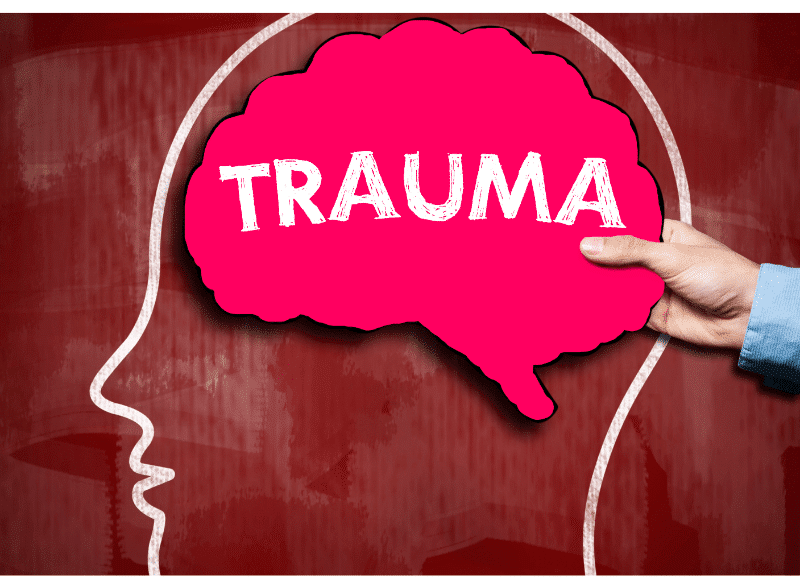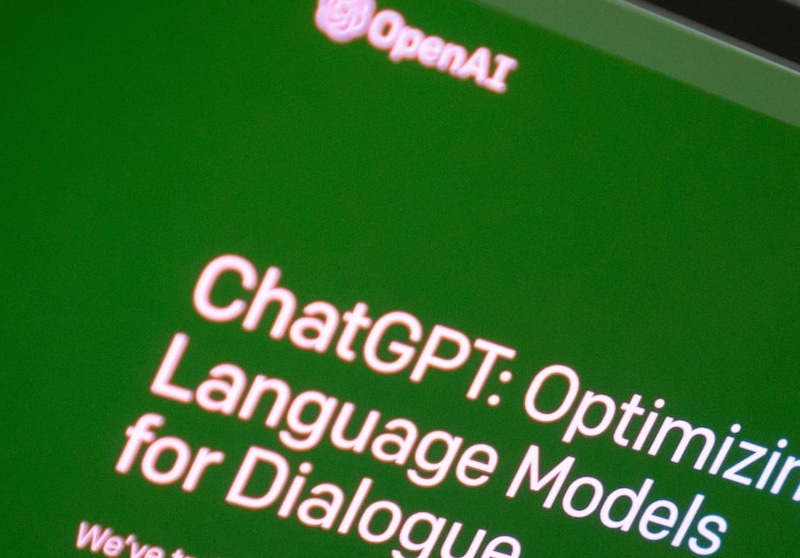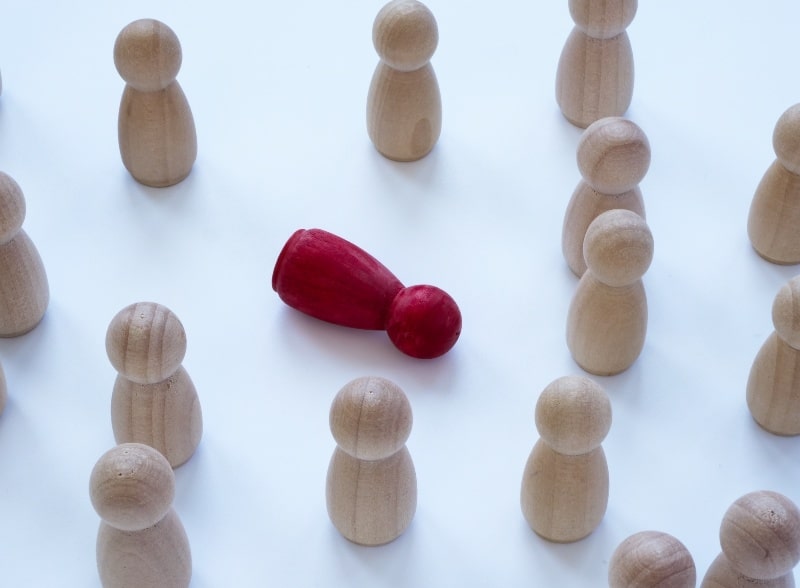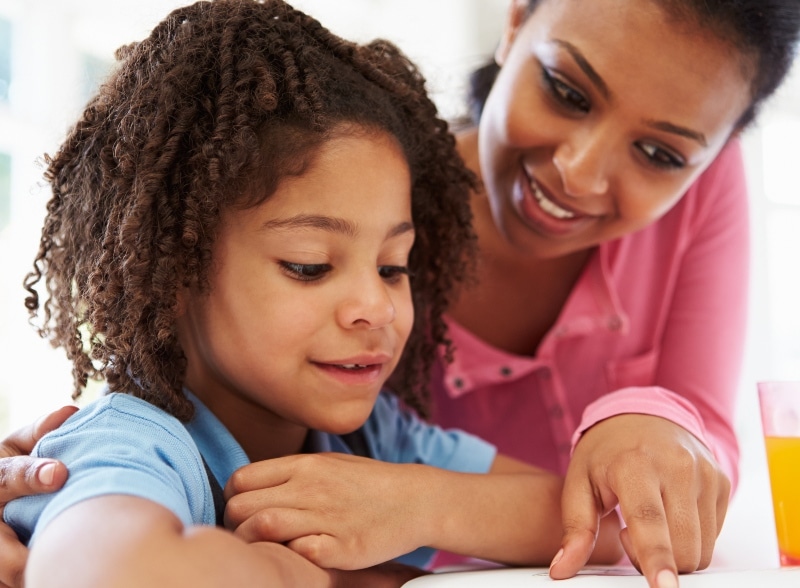
PTSD: What is it and how might it affect families?
In this webinar, Dr Hope Christie explains what trauma is, how posttraumatic stress disorder may develop following a trauma, and what impact trauma symptoms may have on children, adolescents, and adults. Dr Christie outlines how these symptoms may impact behaviour and emotions, and how parents can help support their child and themselves. This webinar is of interest to parents who would like to learn more about trauma and the impact it can have on the individual and their family.













